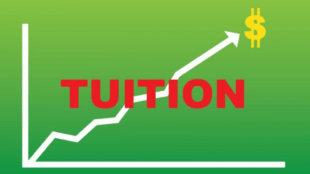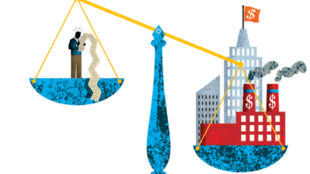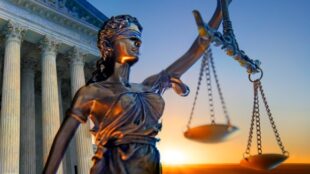Retail Investors, Social Media, and the Future of Moderation
(Source) What happened? Earlier this year, retail investors took advantage of an opportunity to invest in stocks they collectively believed would increase in price. Using Reddit, retail investors came together on a subreddit, aptly named WallStreetBets, to parse through publicly available information and act “collectively” on certain stocks. These stocks included GameStop, AMC Entertainment, and BlackBerry Limited. This rally was led by Keith Gill, known as Roaring Kitty on YouTube or DFV on Reddit. Prior to the ~2000% surge in GameStop’s stock price in January 2021, Gill had been posting his findings and predictions on YouTube and on Reddit. Although his predictions were initially met with criticism from other retail investors on Reddit, Gill held firm in his belief that GameStop was undervalued, especially as new game consoles were released, which would increase sales and bolster GameStop’s value. Gill’s predictions soon received validation as individuals like Michael Burry (founder of Scion Capital, the hedge fund that successfully took a position against the housing market in 2008) and Ryan Cohen (cofounder of Chewy) also noted that they had taken large stakes in GameStop. Gill, along with a small group of likeminded investors, pointed to two factors that influenced their decision to [read more]










